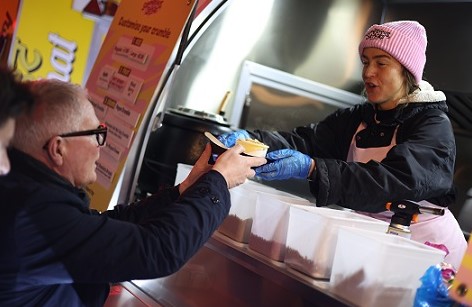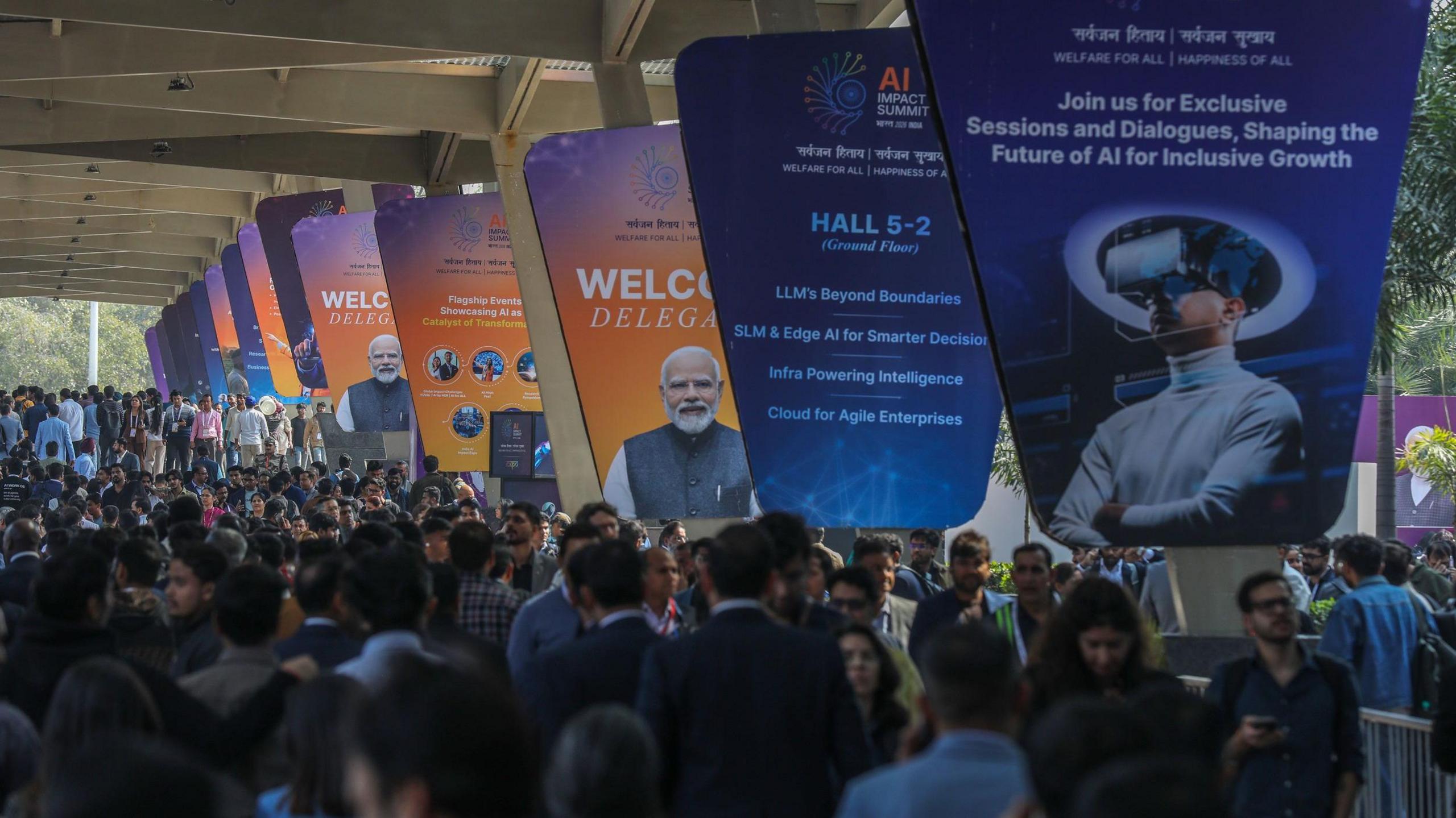As an official observer, WRAP is sending a delegation to engage with key parties on the ground and report on its experiences of reducing plastic waste with partners around the world and in the UK.
The team are available for comment and interviews throughout the negotiations. WRAP’s delegation will be joined by members of Plastics Pacts from India, ANZPAC, Columbia, South Africa, and the UK where it operates the Pact directly.
The global environmental action NGO is co-hosting a side event with the Ellen MacArthur Foundation to highlight how Plastics Pacts, as practical public private partnerships, are uniquely placed to inform and support the implementation of a future global plastics treaty at a national level. WRAP is working with partners across 19 countries through the Plastics Pact Network, convened by WRAP and the Ellen MacArthur Foundation to tackle the scourge of plastic packaging waste.
Cumulatively, The Plastic Pacts Network’s business members have achieved impressive reductions in plastics use – preventing the use of 2.2 million tonnes of virgin plastics by 2022 with billions of problematic or unnecessary plastic items eliminated completely by Pact members and 850,000 tonnes of plastic packaging redesigned to be reusable, recyclable or compostable – a 23% increase. There has been a 44% increase in the amount of plastic recycled into new packaging which has helped enable an additional 463,000 tonnes to be recycled.
Actions helping to keep oil in the ground, where it belongs. Six years of experience of operating and supporting The Pact network provides rich learnings for national action and the role for voluntary vs regulatory action, and how the two are complementary.
Voluntary agreements are a proven model for success and can deliver rapid action ahead of regulations. They can pave the way for regulation and provide a pre-competitive space to foster and scale innovation to deliver against them.
However, regulation is critical, and any voluntary action needs to be complemented by policy drivers that creates the right incentives and regulatory frameworks to support the scale of impact that’s required to end plastic pollution. This week the latest annual progress report of The UK Plastics Pact has been published.
Helen Bird, Head of Materials Systems Transformation at WRAP, said: “We have significant learnings from operating The UK Plastics Pact and our journey to eradicating the problems with plastic packaging.
“Our recently published UK Plastics Pact Annual Report showcases the progress that’s been made by this trailblazer Pact, which industry should be proud of. But it also highlights where further action and regulation is required if we are going hit the targets: further elimination of unnecessary plastic, scaled reuse systems and a complementary suite of regulations to ensure effective recycling complete with fully functioning systems and markets for the end material.”
Key achievements:
- Virgin plastic and carbon reduction: UK Plastics Pact members have removed over 187,000 tonnes of virgin plastic compared to 2018 - a 14% reduction in greenhouse gas emissions.
- Eliminating problematic and unnecessary plastic packaging: since 2018 Pact members have removed 33 billion plastic items and plastic packaging overall has reduced by 7%. PVC packaging has been cut by 85%.
- Improved packaging design and boosting recycling: 99% of hard to recycle design elements such as black plastic and metal have been eliminated and the proportion of plastic that is being recycled has increased from 55% to 59%.
However, WRAP’s annual report also signposts priority areas for future action. Helen said: “Our new Target Delivery Roadmap - that goes beyond 2025, outlines a clear path to achieving all four targets, including action necessary by industry and the interdependencies with regulatory reforms.”
- Reuse and refill: achieving market coverage and citizen adoption requires a renewed approach cantered on wide-scale collaboration and standardisation. WRAP is developing a vision and framework to drive these efforts and unlock the full benefits of reuse and refill systems. This will be a core pillar for the successor agreement that will be launched in 2025.
- Film and flexible packaging: plastic bags and wrapping continues to be a significant problem and regulation is required. Until regulations, particularly EPR and Simpler Recycling, are rolled out, 2 of the targets cannot be met. Further elimination is needed, including single use plastic on fresh uncut fruit and vegetables - and the recycling system remains in its infancy. WRAP is working with partners on trials across 10 local authorities, involving over 200,000 households, to develop scalable recycling solutions, and despite imperfections, supermarkets continue to provide collection points.
- Infrastructure and investment: the recycling system is facing major obstacles. WRAP warns that whole system policy review is required to ensure that the market economics drive a thriving recycling industry with transparency.
Helen concluded: “In the Plastics Treaty, we have a once in a generation opportunity to tackle the plastic pollution crisis in a globally joined-up way.
“And there’s a roar from stakeholders across the value chain, including the biggest global businesses and users of single use plastic, calling for an ambitious treaty that tackles all the issues associated with plastic; right the way through from sustainable production and consumption and ensuring an effectively functioning and just recycling system.”











